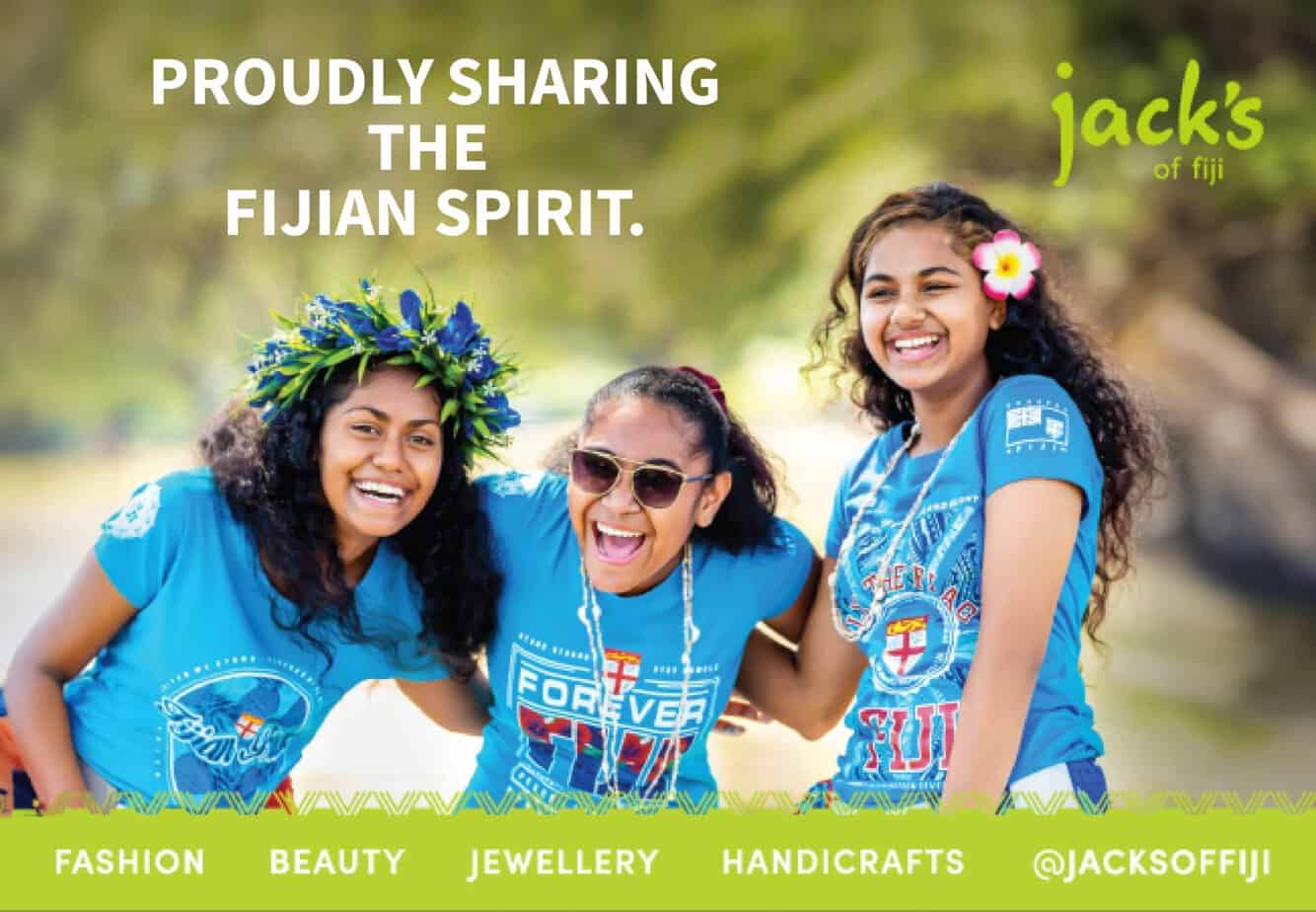By Kite Pareti
The familiar sight of bouncing castles, amusement rides, and mouthwatering barbeque drew hundreds of people to the Suva Foreshore this month as the long-awaited Miss Hibiscus Festival made a successful comeback after a hiatus of five years.
Fijian Horticulturist, Viti Beaula, said this year’s festival was “the best”. Beaula and a few other ladies had a small set up selling plants at the revamped Peace Garden.
“It’s nice to see families sitting around the place amongst plants, flowers and trees compared to the previous venue [Albert Park] where it’s a plain ground,” she said.
The Hibiscus is one of Fiji’s most popular plants, said Beaula.
“They have different shapes and colours, and it sort of signifies the beauty of the [queen] contestants and God’s creation,” she said.
Founder of Anthos, Reshmi Prakash said their store had also drawn much interest.
“One young Fijian man was standing [near our stall] with his father, looking at our flowers. They were so happy when I told them to have a [closer] look,” she said.
The 50-year-old horticulturist smiled and said moments like that “inspires us to do more”.
Doing more for the community at large appeared to be a common theme at this year’s festival.
Salanieta Marama is a Heritage Arts Officer with the Fiji Arts Council. In recent years, she and her team have been providing a platform for local artisans to showcase some of Fiji’s best traditional and contemporary artworks.
This year’s festival included space for more than 40 artisans from across Fiji.
“We want to preserve and revitalise the arts because if there’s no exhibitions, artforms like pottery [making] will just die away,” said Marama.
“Most of the artisans that are here, you know, the work that they do, put food on the table. That’s why we run exhibitions,” she added.

Originally from Western Samoa, Susana Tawake, 65, has lived in Fiji since the 1980s. She has been running Fa’amoemoe Creations, a small handicrafts business, making jewellery, flowers, and vases out of recycled items such as plastic bottles, potato bags, shopping bags, and the like.
“I collect those items, wash them and dry them. You can get money from all this rubbish lying around,” she said.
Inspired by tutorials on social media, Tawake noted: “It gave me a lot of creative ideas to start this business. Fa’amoemoe means ‘hope’ because I was hoping for my business to come to pass and now I’m really passionate about it.”
Fijian writer and founder of Kulawai Press, Paulini Turagabeci, was also present at the festival, displaying literary work like ‘Mr Narain’s Treasure’ and ‘We Love Our Veggies’, to name a few.
“We [had] on display some children’s books, short stories, anthologies, cook books, activity books, stickers and flashcards,” she explained.
“They are educational materials to preserve our knowledge and history as Fijians, and just our own stories to tell to the world.”
She continued: “I don’t think many people expected to see [the books] or lots of people don’t come to festivals specifically looking for books so I got curious glances. So they came and browsed. A lot of the time it was the children who were bringing their parents saying they wanted one of this and one of that.”
Turagabeci said the books are available in-print at Baka Books and online via Amazon. “If you have a story to tell, please write it. We need more locals to write their own stories,” she said.
Aloesi Nakarawa has been playing a part in rewriting the lives of some Fiji’s current and former inmates under the Yellow Ribbon Project, an initiative launched in 2008 by the Fiji Corrections Service. Colourful dresses and shirts as well as fine joinery work were displayed at their stall during the festival.
“We wanted to showcase the talent [that the inmates] have, that they are [more than] capable… I have about 20 inmates that [I train],” said the joinery officer.
“Many people did not notice that we have these kinds of things in prison so they were quite surprised by the arts and crafts. Our message to the public is to never underestimate the inmates. We have to have love for them because one day they will rejoin the community so that’s why we train them to become good citizens,” he added.
Fiji Traveller also had the opportunity to speak with co-founder of Fiji Drug Awareness, Sesenieli Naitala, a long-time survivor of various forms of abuse, who believes it is necessary to share testimonies that would inspire others.

“I had a turning point in my life where I got sick with a liver ulcer. My doctor told me that if I want to live longer, I have to stop the habits that I had been doing. It’s been ten years since I stopped smoking,” Naitala revealed.
“We go out to the communities, targeting the faith-based organisations, schools, wherever they need us to come in and share our experiences on the side-effects of drugs. That’s why we started our organisation,” she said.
At the festival, the Fiji Drug Awareness team provided small booklets that explained the short-term and long-term effects of drug use, and the words that people use in the streets to identify them.
“Panadol, morphine, whatever drugs you can think of, the side-effects are all the same. That’s why we’re here to try and pass the message [especially] to the young ones about the bad effects of drugs, how to say no to drugs, and the way to come out of that environment,” she said.
“My advocacy won’t stop here. I have to think about the future of our children,” she added.
Newly crowned Hibiscus queen contestant, Melania Tora, 24, also spoke about the need to create safe spaces for mental health in Fiji. A master’s student in psychology at the University of the South Pacific, Tora told local media: “Advocating for mental health is very dear to my heart. Providing safe spaces is easier than you may think, whether it may be hiring a space for a talanoa which is what Fijians do best. It’s making sure that people around us know that it’s okay to come out and speak about what they’re going through or have gone through.”

 The week-long event captivated and united hundreds of Fijians that packed the Suva Foreshore. Stay tuned for more highlights about the event at fijitraveller.com
The week-long event captivated and united hundreds of Fijians that packed the Suva Foreshore. Stay tuned for more highlights about the event at fijitraveller.com 


